Something was burning in David Rubín's head.
He inflamed her when he was waiting at the airport, waiting for a plane.
He suffered a creative fire on each train, bound for the next destination.
And his nights in the umpteenth hotel lit up, until they ended up in sleep.
The cartoonist traveled and traveled.
He was traveling to promote a comic, but another one was burning inside.
The first spark had been "a post-apocalyptic heartbreak."
Although, little by little, he was taking care of and increasing the embers of the project: fame, climate change, personal collapse or the legacy of humanity.
An idea jotted down here, a sketch drawn there.
The flames never died down.
On the contrary, they grew and devoured notebooks.
Until, after a decade,
El fuego
(Astiberri) has finally broken out.
More information
The great American dream of David Rubín
"I think it is my best and most difficult book to date," says the creator (Ourense, 45 years old).
And one of the most well-known and respected cartoonists says it, both in Spain and on the other side of the ocean;
a guy who manages to sell graphic novels in an industry dominated by manga and superheroes;
an artist who lives only on his talent —with the precious collaboration of his drawings for the US—, a privilege of only a handful of names in Spanish comics.
And a voice that, both in his work and in his opinions, expresses itself with absolute freedom and dedication.
Some applaud him.
Others are likely to shun you.
Now, sitting in a Madrid bookstore, the artist is almost grateful that
El fuego
was made to beg
.
He began to conceive it after
The Hero,
his previous solo graphic novel, but he considers that all these years have enabled him to carry it out as he wanted.
“In between there are 3,000 or 4,000 pages of the work that I have been doing.
They help, just like collaborating with great writers who push you to be more ambitious and overcome your mental laziness.
I have moved without a map.
Sometimes I wrote things that I didn't even know how I was going to draw later”, defends Rubín.
In the intervening time, he has also been a father.
And humanity has suffered a pandemic.
Both aspects matter, a lot, in
El fuego
.
The comic centers on a more or less remote future and on Alexander Yorba, a star architect.
Rich, adored and happy with his wife and his daughter, until it is known that an asteroid has set course for Earth to destroy it.
While the entire planet glimpses the end of its existence, Yorba's is being reduced to ashes.
And from such an envied and solid castle, soon not even the cards remain.
Rubín draws fears and betrayals, bitterness and broken dreams, the most terrifying loneliness and the desperate desire for love.
The apocalypse is global, but also intimate.
As another heavyweight of Spanish comics, Fernando de Felipe, sums up in an appendix to
El fuego:
“I imagine someone will define it as an ecodystopia with Dantesque overtones.
And reason will not lack.
Although he will fall short.
Very short".
David Rubín, in Madrid, last Tuesday. Luis Sevillano
Because
El fuego
also wants to radiate all the power of the comic, from its enormous format or gigantic cartoons without a single word.
The colors, the graphic display, the beauty and the wildness of a collapsing world.
The Colosseum in Rome converted into a shopping center and, moreover, closed.
Each of Rubín's 250 pages aims to burn minds and hearts.
“I know that the tone or the violence can put off certain editors, or people who feel attacked, but that's the idea.
The culture that I like is the one that stirs you and leaves you questions, ”he says.
Some examples of his inspirations populate the graphic novel.
Another one reiterates it as soon as he can: the filmmaker Andrei Tarkovski.
Also for this reason, the creator has thrown into the bonfire all the concerns that haunt his head.
“
Fire
requires a slow approach, it's a game of Russian dolls
.
You can stay on the surface, but if you scratch you discover a lot of ideas.
I consider that it is demanding with the reader, my most experimental work, but also the simplest in the narrative structure”, adds Rubín.
There is the fear of not being up to the task, the cruelty of capitalism, the disappointment of the pandemic — “I thought we would come out better, but the opposite has happened” — or the legacy we leave behind: “I like to think that, now or even the day I'm gone, my daughter can find in my works a marked map of what her father thought or worried about at the time of each book, and I even tell her things about myself that I don't show, or that I don't even I am aware".
Two cartoons from 'El fuego', by David Rubín, edited by Astiberri.
when he wrote
hero
(Astiberri, 2011), for example, was enthusiastic about the 15-M movement and the hope that another world would be possible.
Today his gaze is more seasoned, but also more tinged with pessimism: “Living in Madrid is like a Frank Miller comic without the fascinating part.
We face a dystopia with the cool aspects stripped away.”
Against her, Rubín battles every day with his words, his actions and her account on the social network Twitter.
From there he criticizes the president of the Community, Isabel Díaz Ayuso, Vox, anyone who deserves his wrath, from machismo to the privatization of healthcare or the cultural industry that exploits creators.
At the same time, during the confinement due to the coronavirus, he drew a short comic that the ECC publishing house gave to readers to encourage them to return to bookstores:
His opinions are not afraid of unleashing fires, sometimes perhaps too much: he called the former Prime Minister Mariano Rajoy “subnormal” or the presenter Pablo Motos “disgusting”.
But he denies that he went too far and relights the fuse: “We suffer one lie after another, and politics no longer has decorum.
They say nonsense of such caliber and the next day everything continues as if nothing had happened.
Or they drop an even bigger one.
I don't care if there are people who stop reading me because of this.
They are my opinions and in the end they are also reflected in my work”.
David Rubín, last Tuesday in Madrid.
Luis Sevillano
His love for comics can also be glimpsed in his work.
Rubín innovates and takes risks, but always pays homage to the classics, be it with a nod to superheroes or a choice of style and intention: “Onomatopoeias are coming out less and less, they are out of use, and I often include them.
It seems important to me to take advantage of the native resources of the comic”.
In reality, Rubín has deployed them even beyond the pages.
Whoever buys the Galician edition of
El fuego
in certain bookstores will receive a print drawn by the creator as a gift.
And another recently published comic of his (
Cosmic Detective,
with Jeff Lemire and Matt Kindt) came out thanks to crowdfunding and was only later sold to publishers (Astiberri, in Spain), with the conditions established by its authors.
Here, after all, is often the weakest link.
And the one that Rubín always tries to claim.
MARKET A GALEGO EDITION OF O LUME HAS A PRIZE!!
Getting this edition out in our language was not done, it required the valiant effort of a Galician editorial;
@DemoEditorial , gives help from @Astiberri and above all gives support to several Galician bookstores
》》 pic.twitter.com/EAYQ64Mi5m
— davidrubin (@davidrubin) November 28, 2022
That is why he wanted to publish
El fuego
first in the Spanish market;
and for this reason, in addition, it invites a dialogue that includes the entire book chain in search of sustainable formulas for all but that protect artists.
“We cannot have an industry without local creations.
It is not viable that the one who edits, layouts or distributes it can make a living from the comic, but practically never the one who does it.
The authors must have all the information about their works and their rights, to know where they fail and to negotiate better conditions.
And that generates better comics, which sell more, ”he reflects.
In your case, the truth is that it works.
It started just when the magazines were closing and the publishers were few, and newly born.
But he managed to get ahead until he lived on the comic.
Not even he has yet explained why.
Perhaps, he points out, the key is perseverance: “I have continued to publish a book a year, despite my ups and downs.
I have not given up, I have not given up”.
That is also fire.
Page of 'Cosmic Detective', by David Rubín, Jeff Lemire and Matt Kindt, edited by Astiberri.
Subscribe to continue reading
Read without limits
Keep reading
I'm already a subscriber

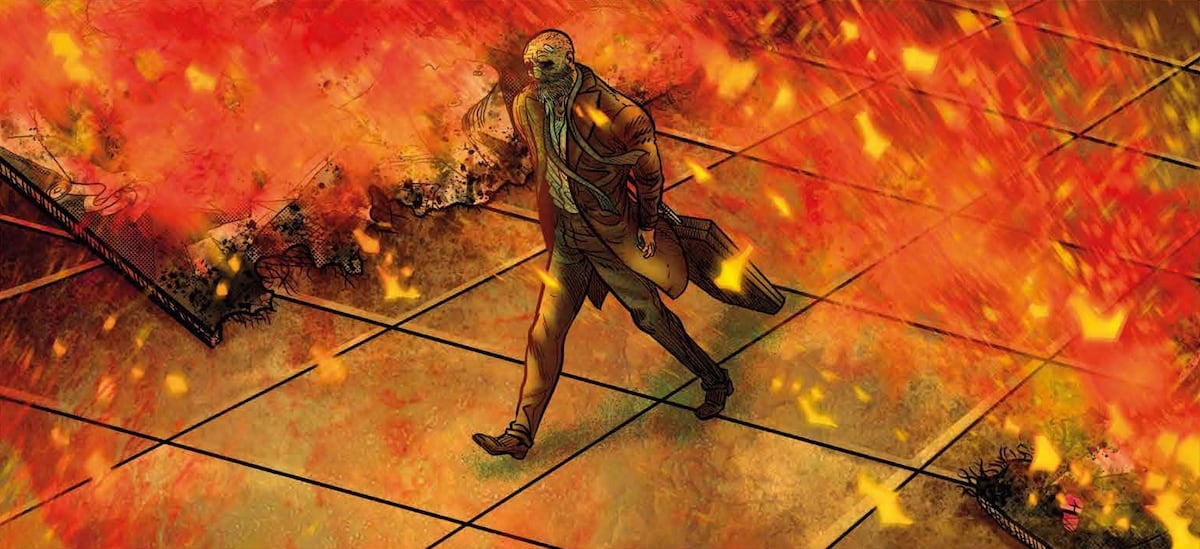
/cloudfront-eu-central-1.images.arcpublishing.com/prisa/3ZCHP73IGFHA7LEJJ6TNAY7HCU.jpg)
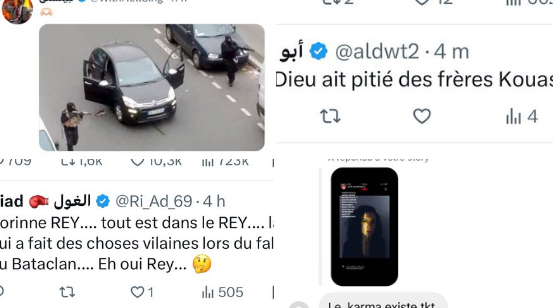
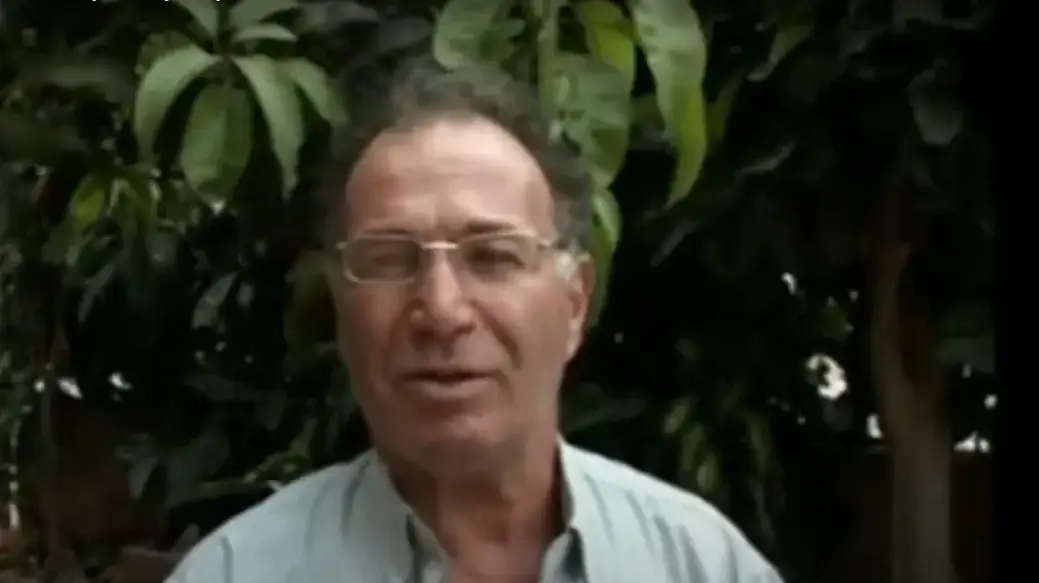
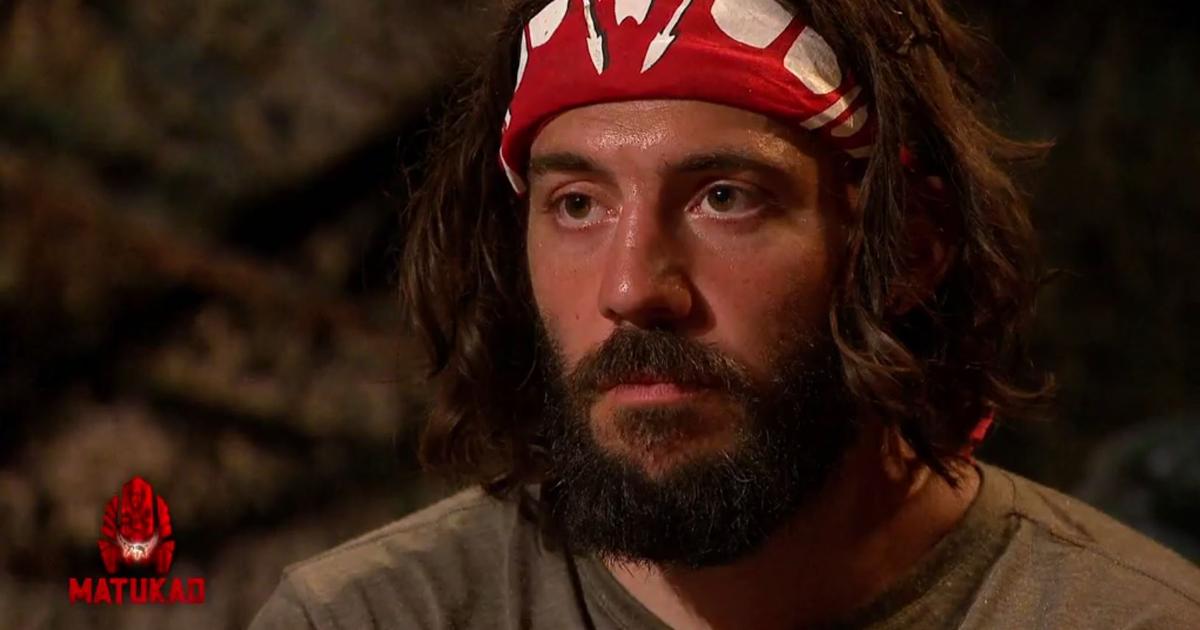
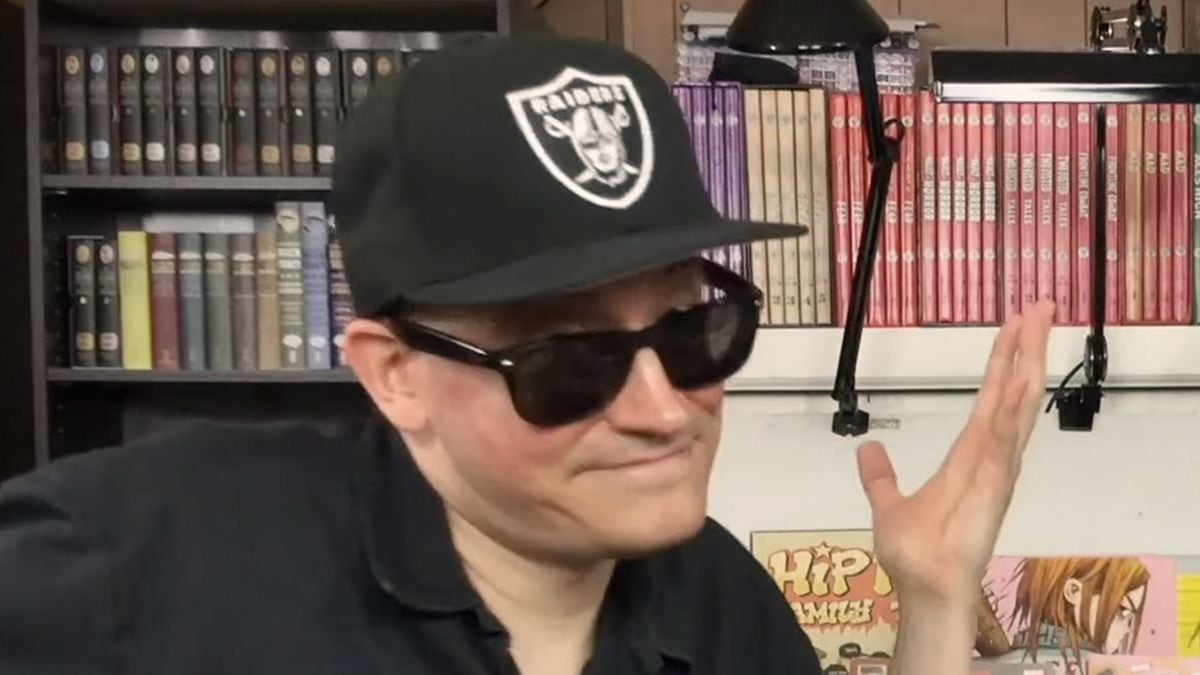
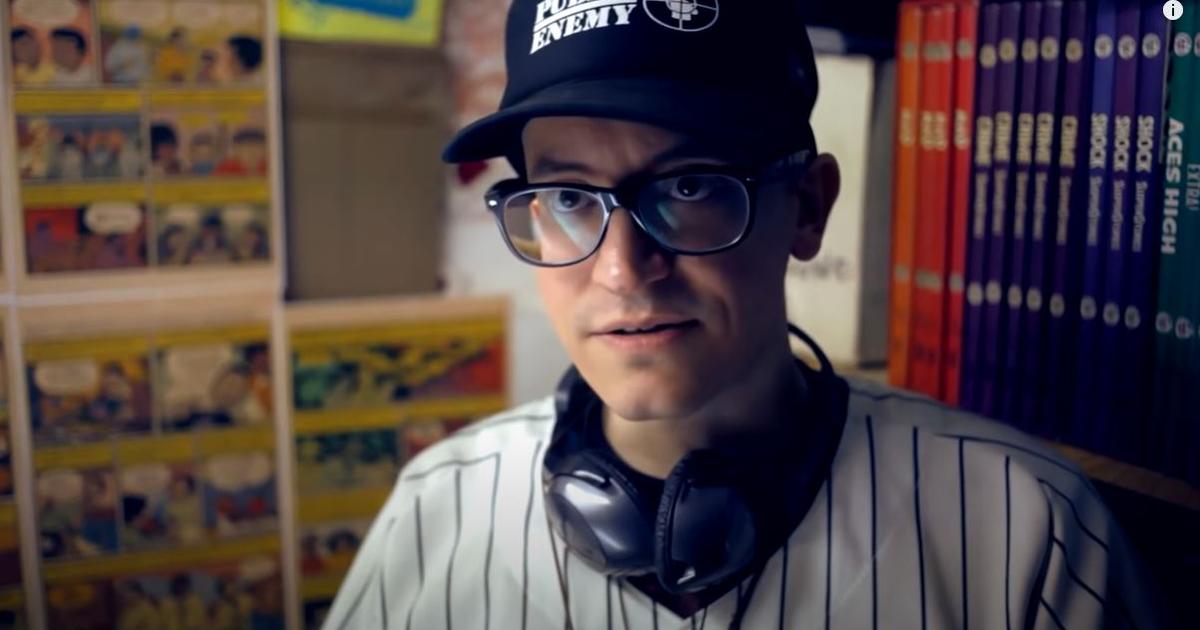
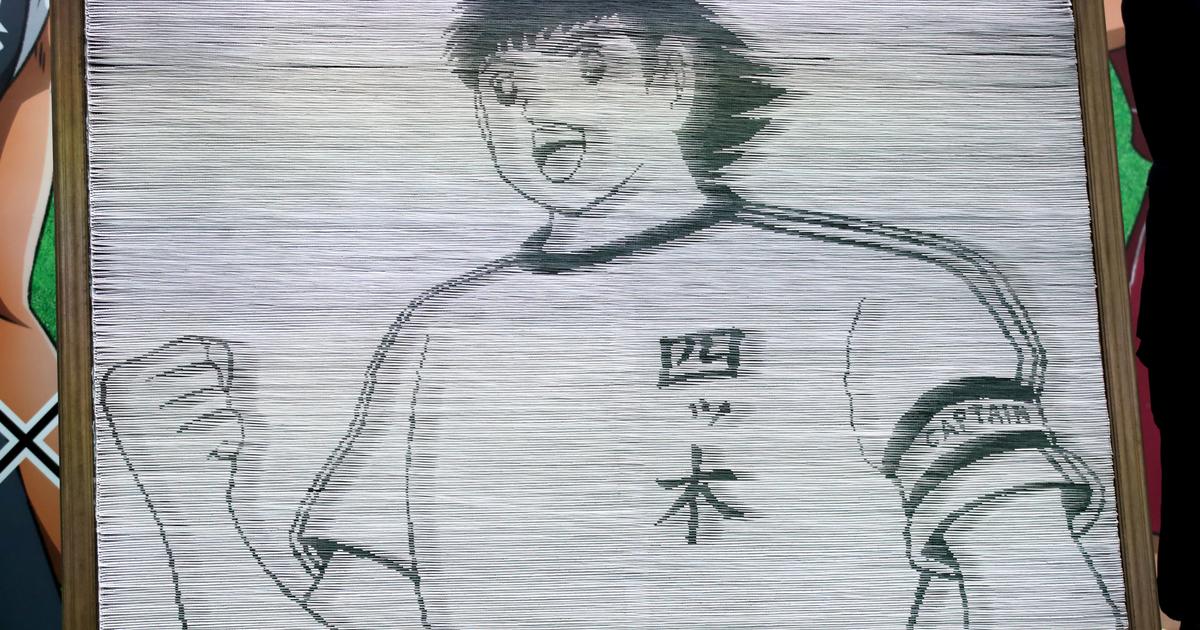
/cloudfront-eu-central-1.images.arcpublishing.com/prisa/FZMXLCCBVNEX5G6VO4BN34ZLPM.jpg)